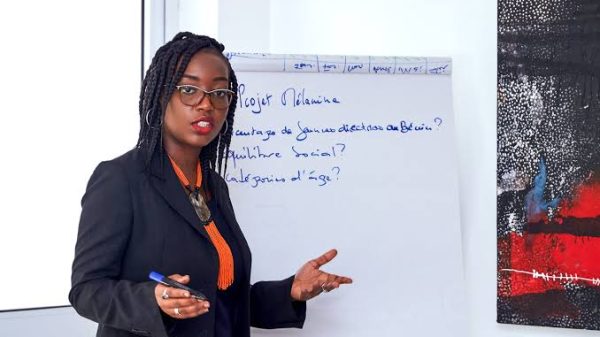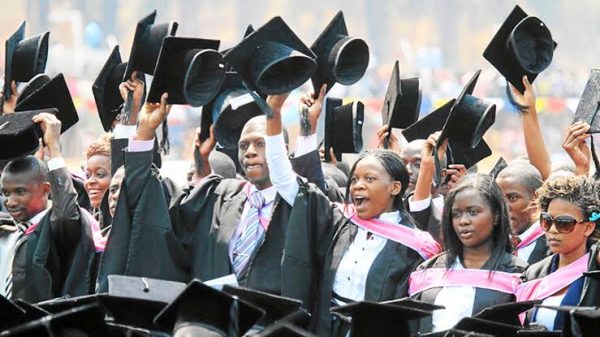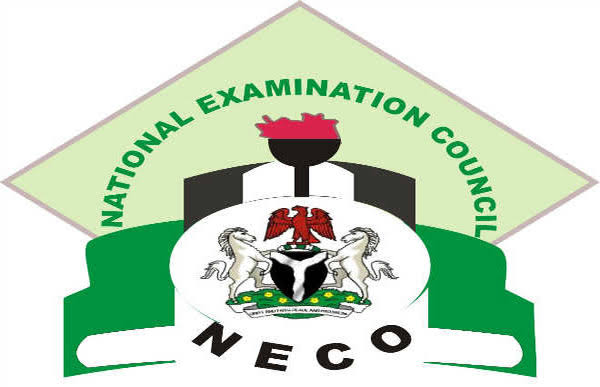NECO Physics Practical Questions And Answers
The National Examination Council (NECO) is a Nigerian examination body responsible for conducting national examinations for secondary school students.
One of the subjects that NECO offers is Physics, and the practical examination is an important part of the overall grade.
This article will provide you with a comprehensive guide to NECO Physics Practical Questions and Answers.
We will cover everything you need to know, from the topics that are likely to be tested to the best way to prepare for the exam.
What are the Topics that are Likely to be Tested?
The topics that are likely to be tested in NECO Physics Practical Questions and Answers vary from year to year. However, there are some topics that are more likely to be tested than others. These include:
-
Mechanics
-
Waves
-
Electricity
-
Thermodynamics
-
Optics
-
Modern Physics
How to Prepare for NECO Physics Practical Questions and Answers
The best way to prepare for NECO Physics Practical Questions and Answers is to practice. You can find practice questions and answers online or in textbooks. It is also important to understand the theoretical concepts behind the practicals.
In addition to practicing, you should also make sure that you have all of the necessary equipment for the practicals. This includes things like a meter rule, a stopwatch, and a protractor.
The FAQ About NECO On Google And The Answers
What is the pass mark for NECO Physics Practical Questions and Answers?
The pass mark for NECO Physics Practical Questions and Answers is 50%.
What are the most common mistakes that students make in NECO Physics Practical Questions and Answers?
The most common mistakes that students make in NECO Physics Practical Questions and Answers include:
-
Not following the instructions carefully
-
Not having the necessary equipment
-
Not understanding the theoretical concepts
How can I improve my chances of passing NECO Physics Practical Questions and Answers?
You can improve your chances of passing NECO Physics Practical Questions and Answers by:
-
Practicing regularly
-
Understanding the theoretical concepts
-
Having the necessary equipment
-
Following the instructions carefully









